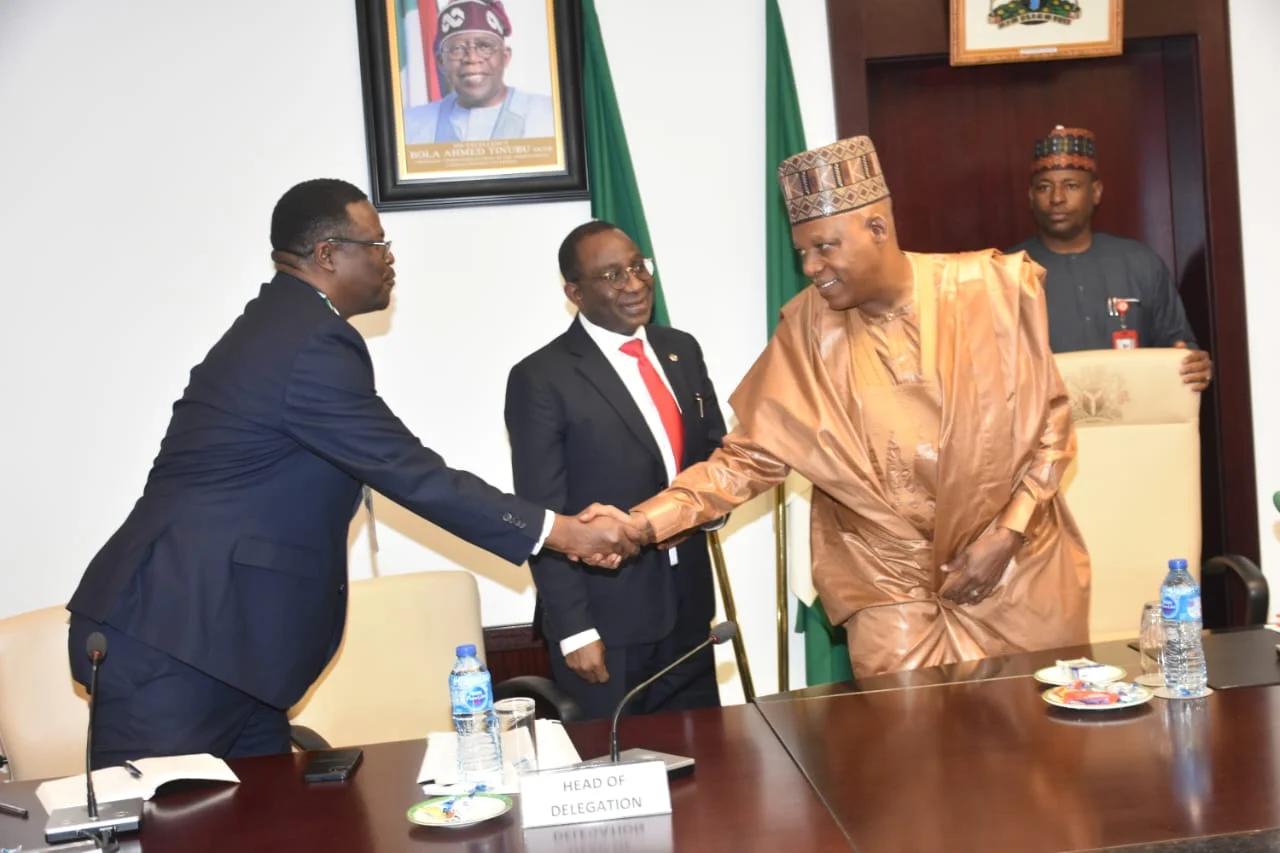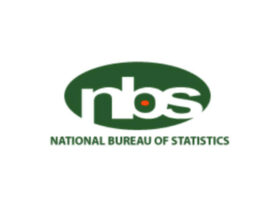The African Development Bank (AfDB), says it will commence the disbursement of US$540 million to the first batch of states for the development of Special Agro-Industrial Processing Zones (SAPZs).
Senior Special Adviser on Industrialisation to the AfDB President, Prof. Banji Oyelaran-Oyeyinka, made this known while presenting a report to Vice-President Kashim Shettima, on Monday at the Presidential villa, Abuja.
Oyelaran-Oyeyinka led a delegation of the bank and that of the United Nations Industrial Development Organization (UNIDO), to present their separate reports on the status of projects being executed in Nigeria.
The News Agency of Nigeria (NAN) reports that the three states to benefit from the first phase of the development of processing zones are Oyo, Kaduna and Cross River.
Other states are to get theirs as soon as they are through with documentation.
Oyelaran-Oyeyinka explained that SAPZ was an initiative of the AfDB aimed at turning the rural landscape into economic zones of prosperity and harnessing the power of commercial agriculture and food.
“The primary objective is to support inclusive and sustainable agro-industrial development in Nigeria. Phase one of the project is at the point of disbursement.
“Kaduna, Oyo and Cross River States are all in the process of receiving disbursements and we hope that the other states can speed up their documentation so that we can fast-track them.
“We raised US$540 million in catalytic funding and we expect every state to find a partner that will bring equity and join up with them.
“It is a government-enabled project but private-sector driven,” he said.
He further stated that the first phase of SAPZs is being implemented in seven states, namely Cross River, Imo, Kaduna, Kano, Kwara, Ogun, and Oyo, as well as the Federal Capital Territory (FCT).
“Ogun state found a partner for the project and decided not to take the loan. We are basically going to distribute the loan to the other states.
“The next thing is preparation for phase two with 27 states. The demand is enormous but we have to prioritise those who move fast.
“We have set up eligibility criteria for the states and to rank them. We expect them to have a feasibility report, environmental impact study and a commitment to counterpart funding.”










Leave a Reply